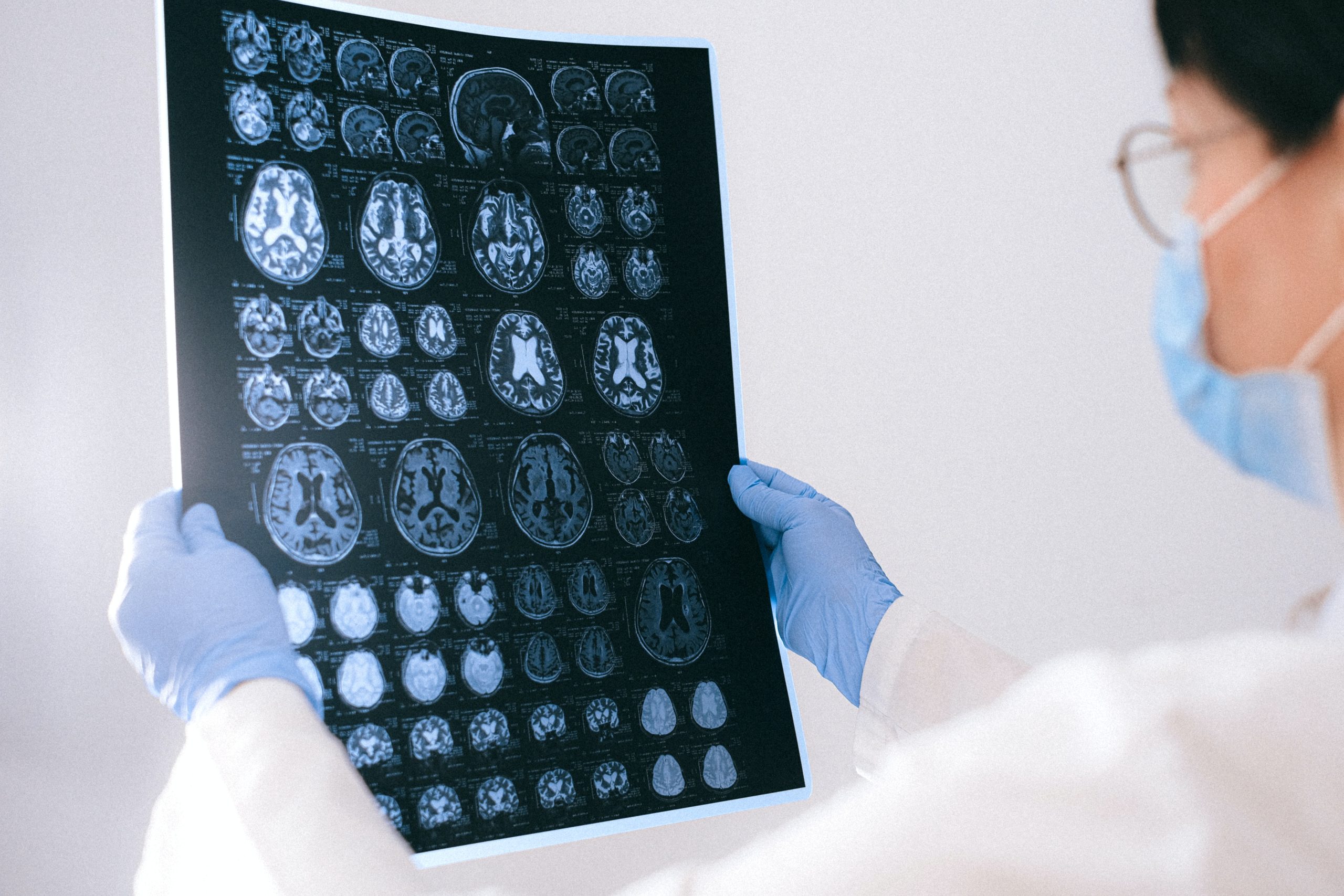 Anyone experiencing stress these days may want to find a healthy coping mechanism. That’s because a new study shows stress could raise your risk of Alzheimer’s disease.
Anyone experiencing stress these days may want to find a healthy coping mechanism. That’s because a new study shows stress could raise your risk of Alzheimer’s disease.
It all has to do with the brain and what’s called “perceived stress.”
“We know that the body and mind are not two separate entities. They’re all in one,” said Dr. Sailee Thakur, a TriHealth clinical psychologist and behavioral health consultant.
Dr. Thakur says perceived stress is the outcome of what happens when events in a person’s life exceed their ability to cope.
“Whatever we experience, mentally and emotionally, absolutely affects our physical health,” Dr. Thakur said.
Doctors have known for years that stress can impact the heart, stroke risk, and aging.
But a new study looked at stress levels in nearly 25,000 people beginning at age 45.
Researchers compared cognitive function, or factors related to thinking and memory, at the start of the study and again when they followed up.
Higher stress levels were associated with a 40 percent higher risk of cognitive function loss.
“Stress in and of itself affects so many aspects of our lives,” Dr. Thakur said.
The study’s authors say this may mean primary care doctors should screen for stress levels and encourage healthy coping mechanisms and counseling, especially if Alzheimer’s or memory problems run in the patient’s family.
The American Institute of Stress reports 33 percent of people feel extreme stress, 73 percent say stress impacts their mental health, and nearly 77 percent say stress impacts their physical health.





